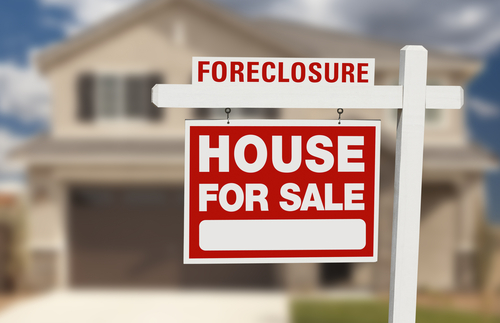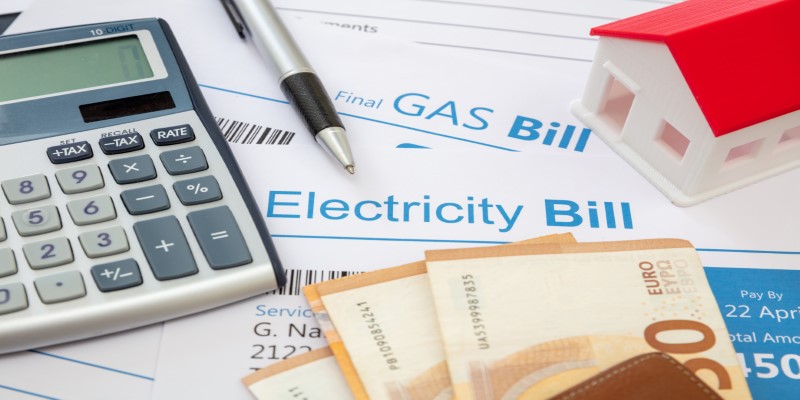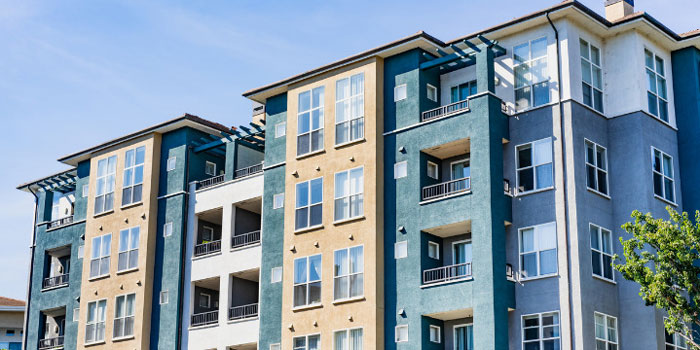The legal term for the procedure is when a financial institution decides that you have fallen so far behind on your mortgage payments that it is in its best interest to foreclose on your property and sell it to reclaim the money it has lost on the foreclosure. In certain instances, the procedure is carried out via the legal system, whereas in other instances, it is not and instead goes through what is known as nonjudicial foreclosure.
In either scenario, the lender's objective is to sell the property by means of a procedure sanctioned by the law, such as a sheriff's sale, and then use the money from the sale to pay off the outstanding amount on the loan that you owe. The difference may be owed to you if the amount paid is more than the obligation owed.
What Steps Are Involved in the Foreclosure Process?
When a loan is considered in default, often when one or more mortgage payments are missing, the possibility of foreclosure arises. At this stage, the lender is beginning to see your house as a prospective foreclosure candidate, yet it cannot officially initiate the process. In an ideal scenario, you should talk to your lender about the problem before you miss even one payment; at that point, you will have more alternatives accessible to you. Even if you are more than two payments behind on your foreclosure, it is still in your best interest to get in touch with your lender as soon as possible. They may be able to buy you more time to bring your payments current or help you work out an alternative payment plan.
How to Get Out of Getting a Default Notice
Even if you have not received a notice of default from your lender, this does not indicate that they will ignore the missing payments. Despite this, there are still options to stop the foreclosure process and get back on track with your mortgage payments. Follow these instructions to ensure that your payments are as timely and accurate as possible, and maintain open and honest communication with your lender.
Make Your Monthly Payments
If you have fallen behind on payments but can now collect the necessary funds to make the impending obligations, you should make those payments. You may show that a missed payment was an isolated incident rather than an ongoing problem by continuing to make payments, which is one of the ways you might establish this.
Suppose you could not make a payment one month because of an unanticipated expenditure, for example. In that case, you should prioritize paying at least the amount of your regular monthly payment as soon as that expense is no longer a concern. It is a good idea to start putting money aside for the next monthly payment as soon as you have finished paying the one for this month, particularly if you have access to savings, assistance from friends or family, or additional work.

Communicate With Lender When in Trouble
Please get in touch with your lender as soon as you discover that you cannot make a payment for a given month or that it will be late. It is in your best interest to explain the problem rather than give the lender the impression that you have forgotten to pay, vanished, or are avoiding their inquiries. At this point, you should request a specific plan for making up any payments that have been skipped, preferably one that you are certain you will be able to adhere to in practice.
Meet With a HUD-Approved Housing Counselor
When you are having trouble keeping up with the mortgage payments on your house, speaking with a housing counselor authorized by the United States Department of Housing and Urban Development (HUD) is a beneficial resource. They could be aware of alternatives that can be considered in light of your situation, or they might be able to represent you as educated advocates to your lender.
Discuss Options for Forbearance or Loan Modification

In all candor, certain monetary impediments lead to problems that persist for longer than just skipping a single payment. It is still in your best interest to speak to your lender if you are in a position that might cause you to miss two or more payments. Your lender would like to avoid the complications that come with having to reclaim ownership of your home. Your lender can evaluate your circumstances and explore the potential for either forbearance or a modification of your loan.




